The Butterfield Blues Band – East-West
I’ve known about Sundazed Records, the reissue label inexplicably based in the obscure Hudson Valley town of Coxsackie, for a very long time, ever since I encountered a couple of fine surf music collections they put out, including two volumes of “The Lost Legends of Surf Guitar.” Everything I’ve bought from them has been superb, but it still hasn’t been that much — don’t run across a lot of it in the stores, and I’ve always been unreasonably fearful of buying records by mail. But recently I decided I was going to treat myself to a sparkling reissue of Love’s first album, and, as usual, while I was in the catalog, there was no sense in not adding a couple of other records into the shipping. I cast around for what else I might want, other than everything. So I picked out a garage rock collection from Chicago’s Quill Records (not a mistake), and this record (seriously not a mistake).
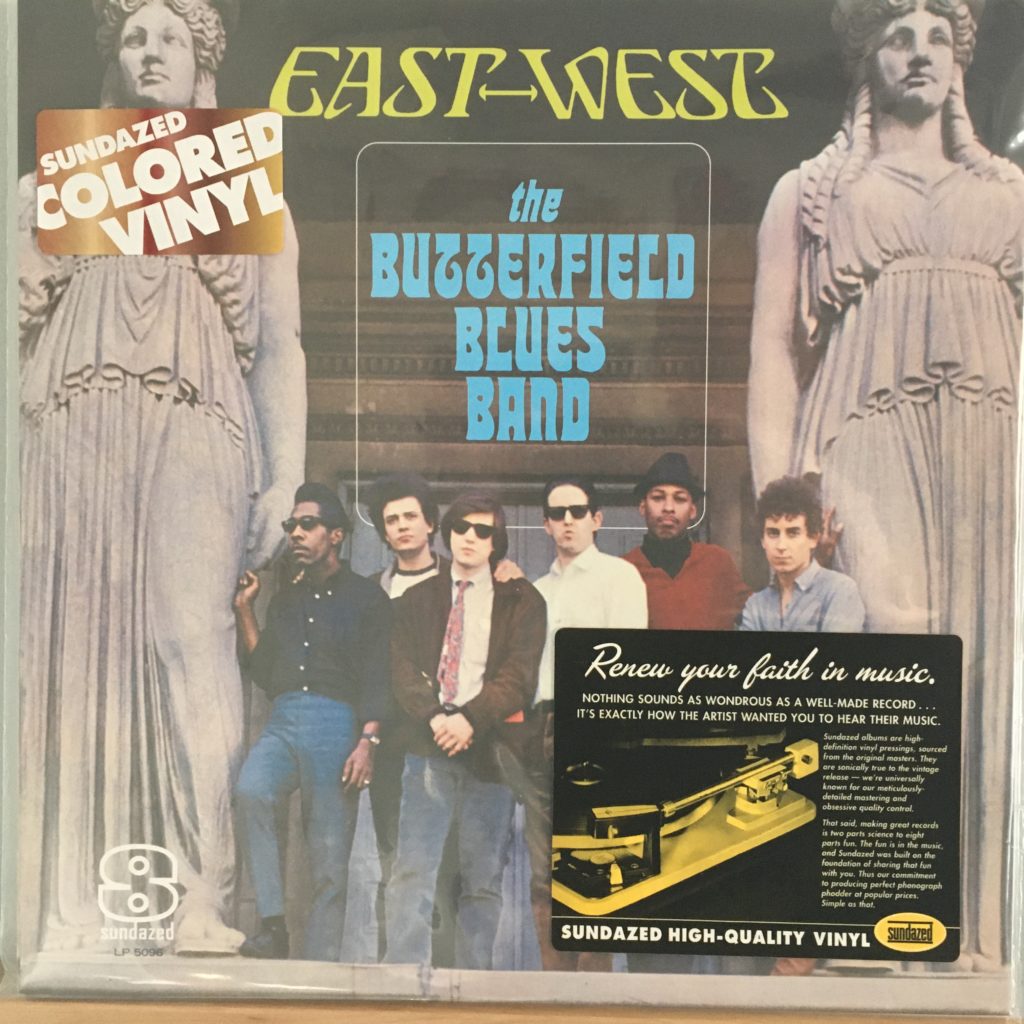
As I said in the last entry, I never really paid any attention to the Butterfield Blues Band or its members until a couple of years ago, when my Stephen Stills fandom caused me to pick up a copy of Super Session, which immediately piqued my interest in having more Al Kooper and more Mike Bloomfield. Dave Alvin’s Third Mind project last year covered the Butterfield song “East-West” beautifully, and a recent conversation among my music nerd friends wondered whether this song in particular was the first jazz-blues fusion. I’m not a jazz guy, but I won’t turn down a little fusion.
Well, the other two records I got in that order are great, but I have been playing this one over and over. And over again. This is quite remarkable. The original was released in 1966. While everybody else was still catching up with The Beatles, these guys were doing some blues, and doing it at Chess Records. These are not the Anglicized blues of the British Invasion, but much closer to the real Chicago sound. Featuring both Mike Bloomfield (whose later solo album I wrote about last time) and Elvin Bishop on guitar, it’s an album of mostly traditional blues, a pre-cover of a tune by Michael Nesmith (“Mary, Mary,” which the Monkees hadn’t recorded yet), and the iconic “East-West.”
“East-West” is groundbreaking — this is simply not the sound of 1966. A year later, two? Sure. But not the summer of ’66. It’s easy to learn why, you can just look on Wikipedia, but the simple answer is that instead of moving through standard rock or blues chord changes, this is modal, using melody patterns within a scale. It paved the way for long improvs, too-long guitar solos, and acid rock. And yet here I am, having paid it no attention until now. Well, I’m paying it some attention now, pretty much every day.
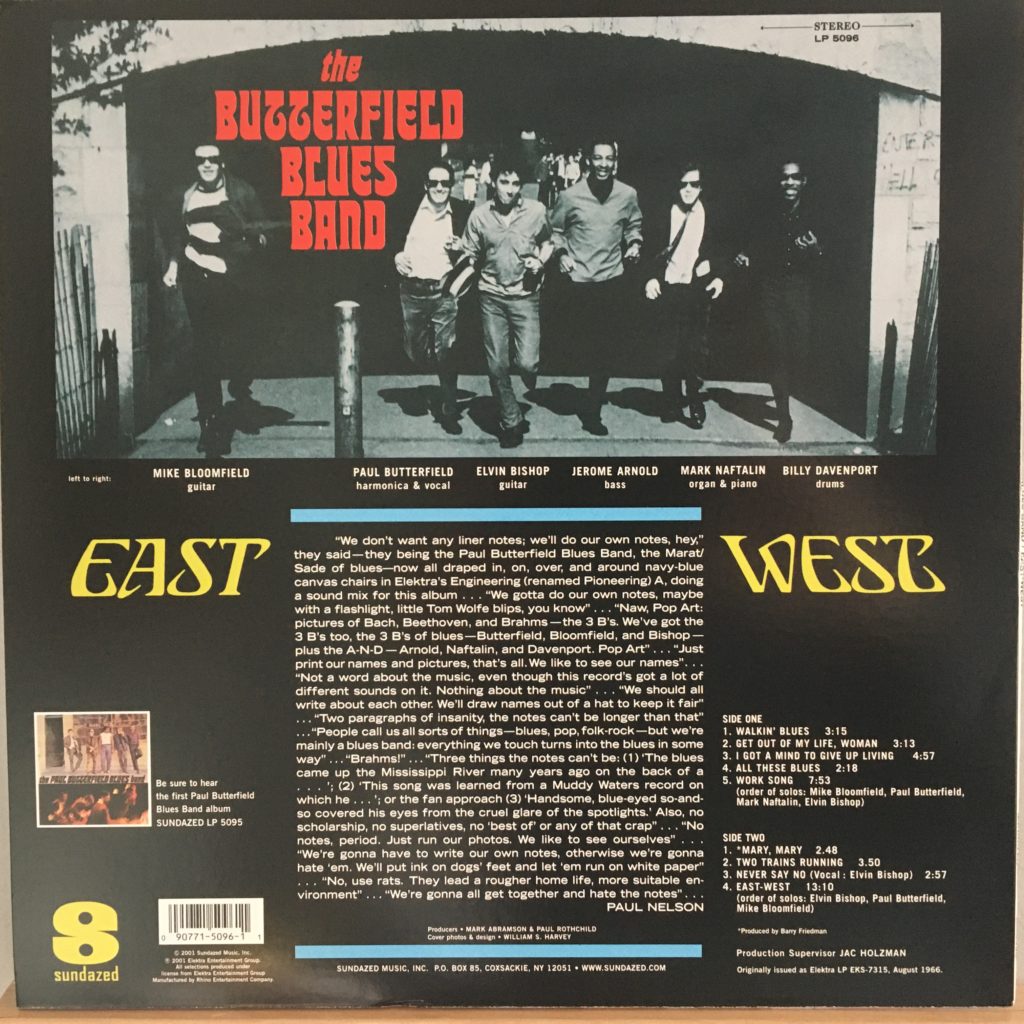
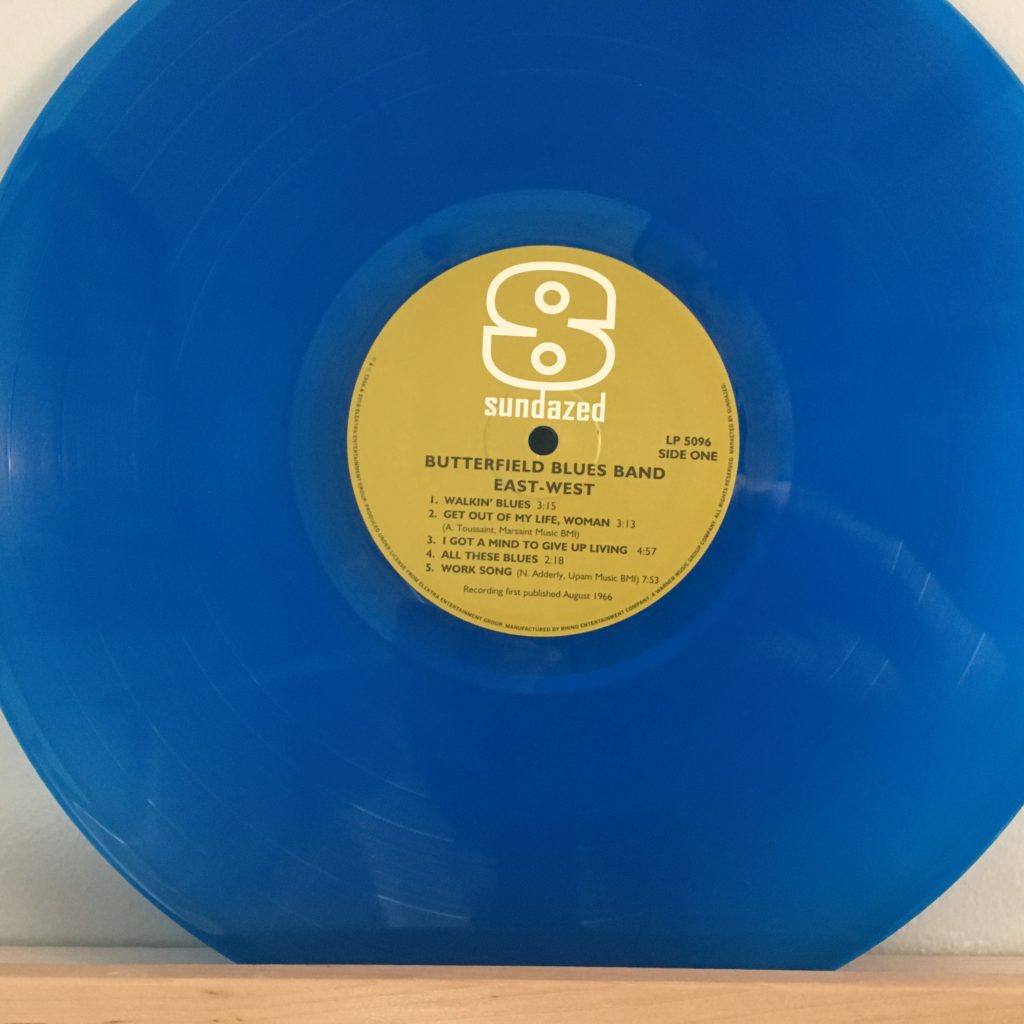
Originally posted 10-31-2020
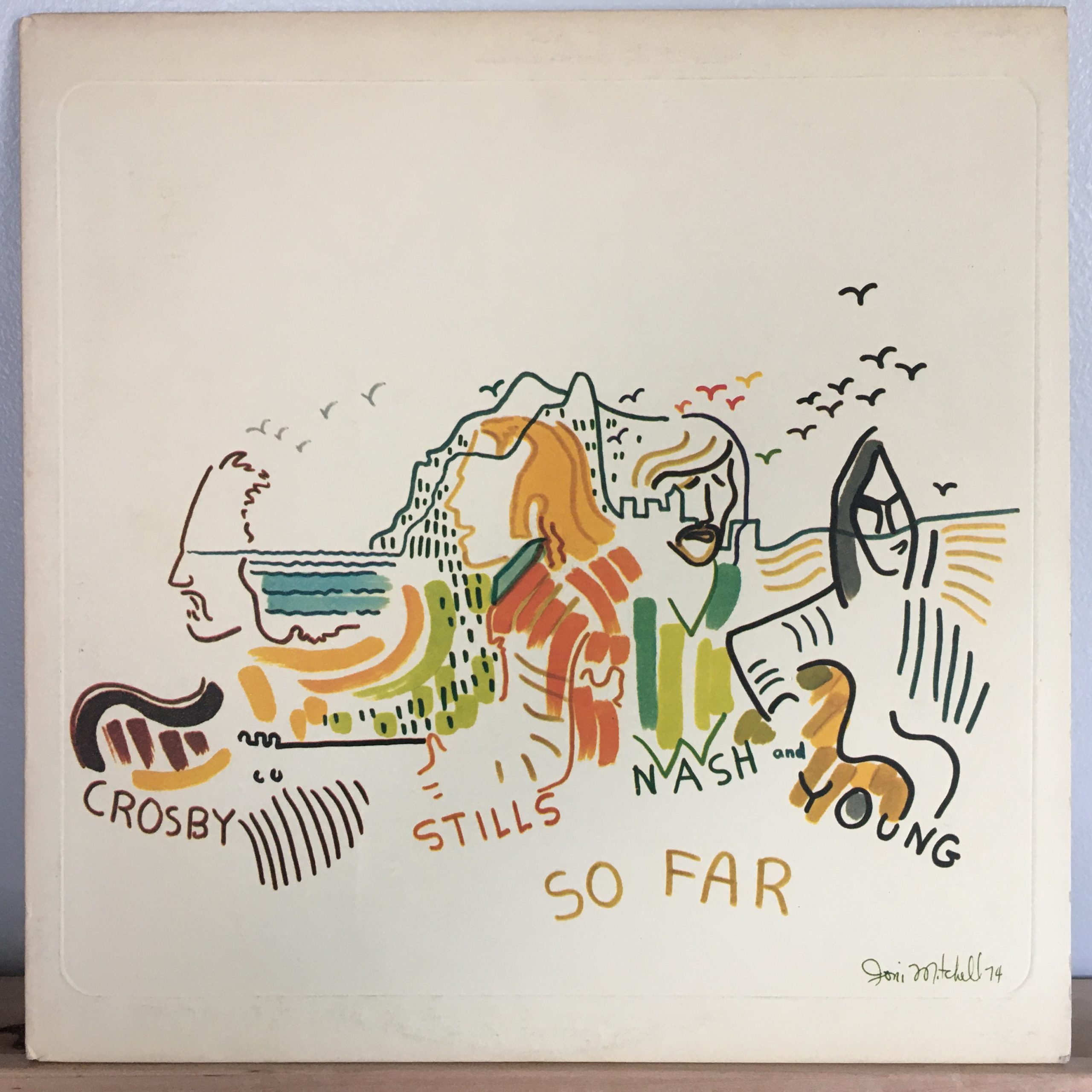
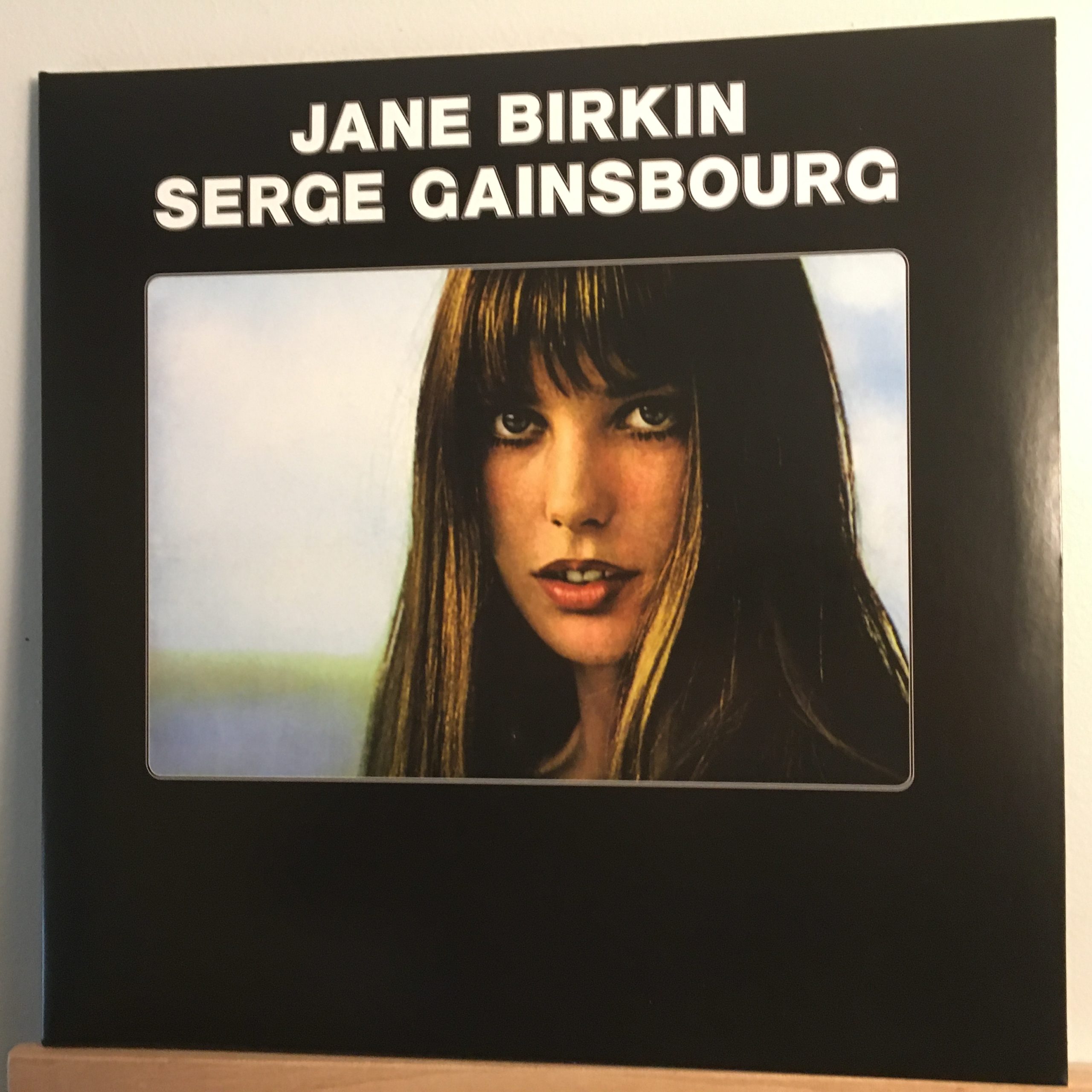
Things We Said Today